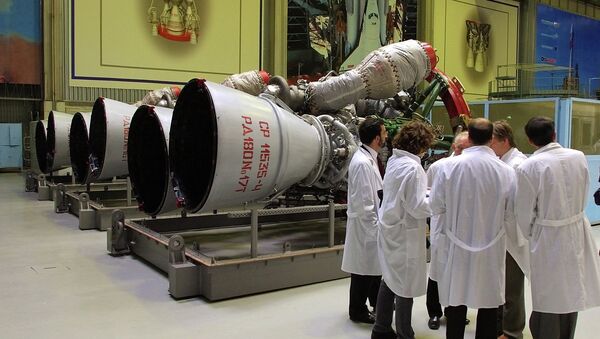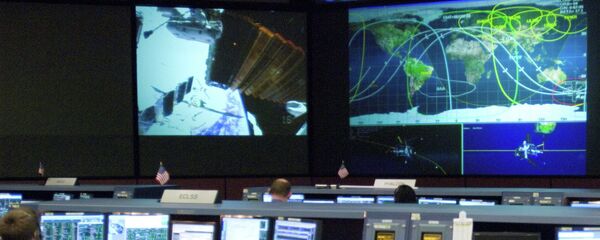“I support the recent Department of Defense request to Congress that allows ULA [United Launch Alliance] to complete the 2012 purchase agreement they made for additional RD-180s,” General Hyten said in testimony to the House OF Representatives Armed Services Committee.
Hyten added that without the RD-180, in the coming years “we severely limit our assured space access.”
In 2014, the US Congress passed a law requiring the United States to develop a domestically produced next-generation rocket propulsion system by 2019 in order to eliminate reliance on the Russian RD-180 rocket engine. The decision came in response to US accusations of alleged Russian interference in Ukraine.
Achieving the 2019 deadline without the risk that the United States will temporarily lose access to space has proven difficult, according to US government and private space industry experts.
Hyten argued that the US could reasonably achieve the 2014 requirement for assured access to space by 2022.
“I think it is very important that we logically transition off these capabilities,” Hyten said.
US rocket engineers have estimated they could produce a new engine to be used in the Atlas V space launch vehicles by 2019. The US relies primarily on the Atlas class of space launched vehicles to deliver national security payloads into space.
However, Hyten raised concerns that even if US manufacturers can ready the engines by the 2019 deadline, the US military still has to verify safety and performance standards, which could take up to two years or longer.
The United States is currently looking to award contracts to manufacturers to expedite the replacement of the RD-180 rocket engine. US lawmakers are also looking into the domestic development of entirely new generation of space launch vehicles in partnership with private companies including SpaceX, Boeing and Lockheed Martin.


